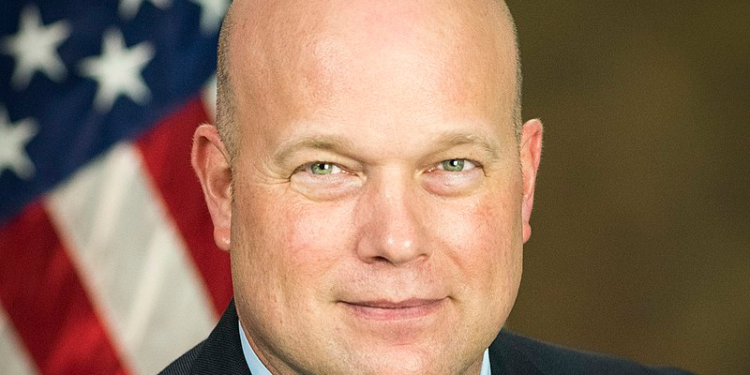On Wednesday, November 20, President-elect Donald Trump announced the appointment of Matthew G. Whitaker, former acting attorney general, as the U.S. ambassador to the North Atlantic Treaty Organization (NATO). This decision highlights Whitaker’s long-standing loyalty to the president and his public service experience.
In a statement, Trump described Whitaker as “a strong warrior and loyal patriot, who will ensure the United States’ interests are advanced and defended.” The president expressed confidence in Whitaker’s ability to strengthen relations with NATO allies and address global security challenges, adding, “He will put AMERICA FIRST,” highlighting the ambassador’s role in bolstering NATO’s defense capabilities.
Whitaker’s career includes prominent positions, such as acting attorney general from November 2018 to February 2019 and U.S. Attorney for the Southern District of Iowa. He has also been involved in policy development through the America First Policy Institute, a think tank aligned with Trump’s political agenda.
While Whitaker’s legal background has raised questions about his suitability for the NATO role, the appointment reflects Trump’s continued emphasis on his “America First” platform. The ambassadorship is especially significant given NATO’s critical role as a military and diplomatic alliance, as well as Trump’s past criticisms of the organization. During his first term, Trump urged NATO members to meet a 2% defense spending threshold, warning that the U.S. might reconsider its security commitments to countries that did not comply.
If confirmed by the Senate, Whitaker is expected to play a pivotal role in NATO’s efforts to address emerging security challenges, including integrating advanced technologies like artificial intelligence to counter threats from nations such as Russia. One area where Whitaker may have particular influence is the Defense Innovation Accelerator for the North Atlantic (DIANA), an initiative aimed at fostering technological innovation within the alliance.
As NATO continues to navigate rising tensions with Russia, Whitaker’s leadership will be crucial in shaping the alliance’s strategic direction in the years ahead.









